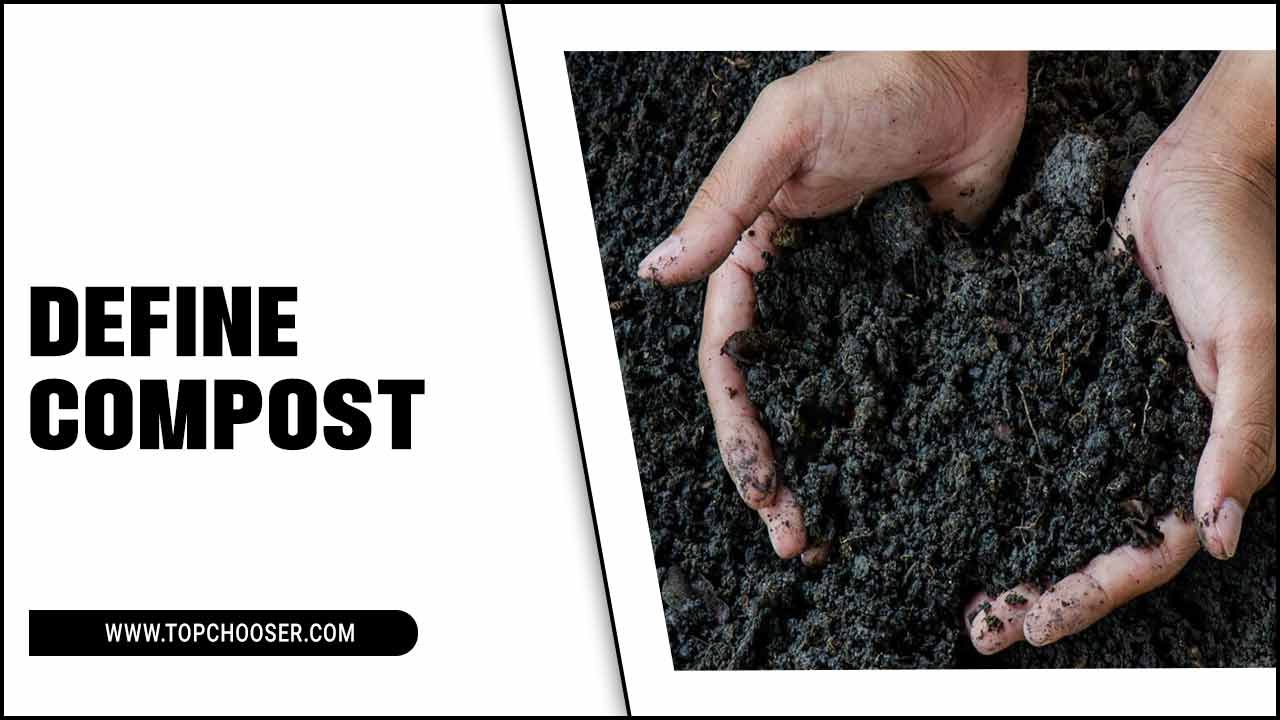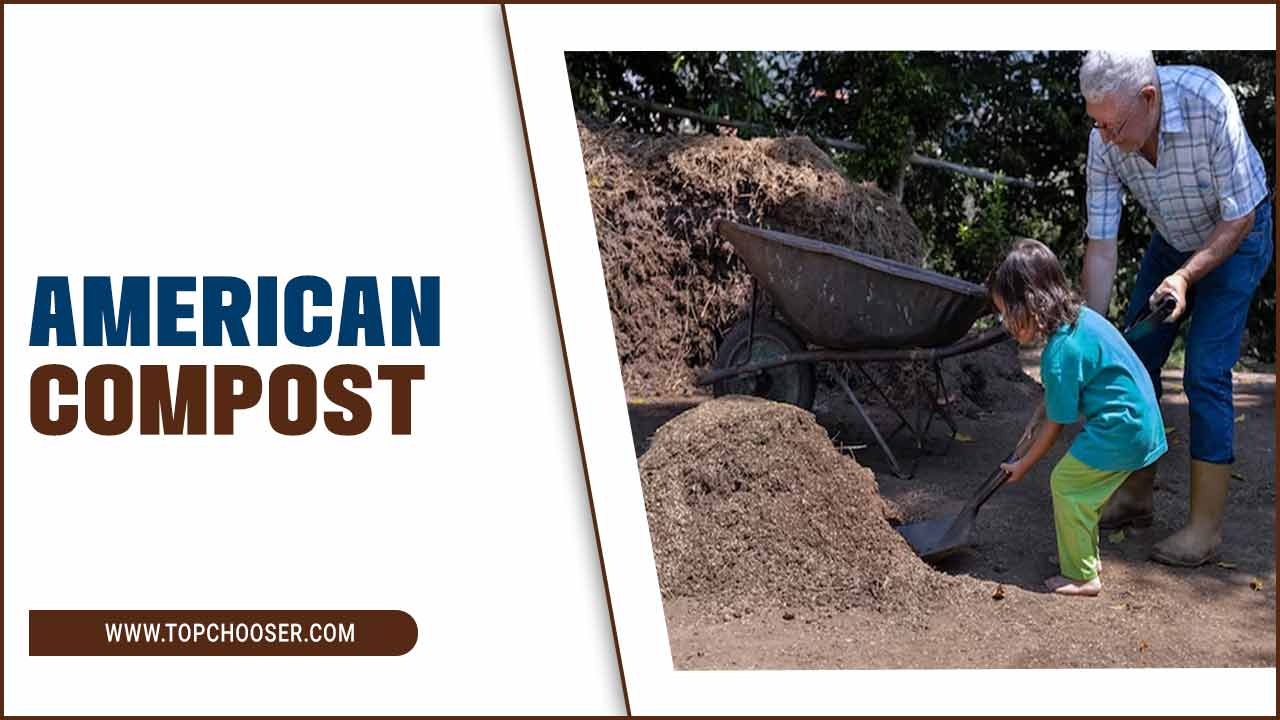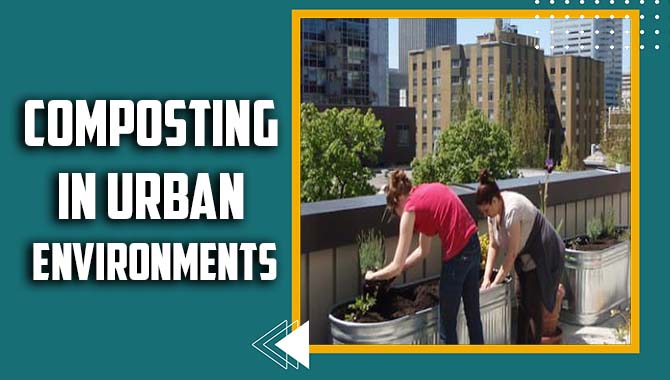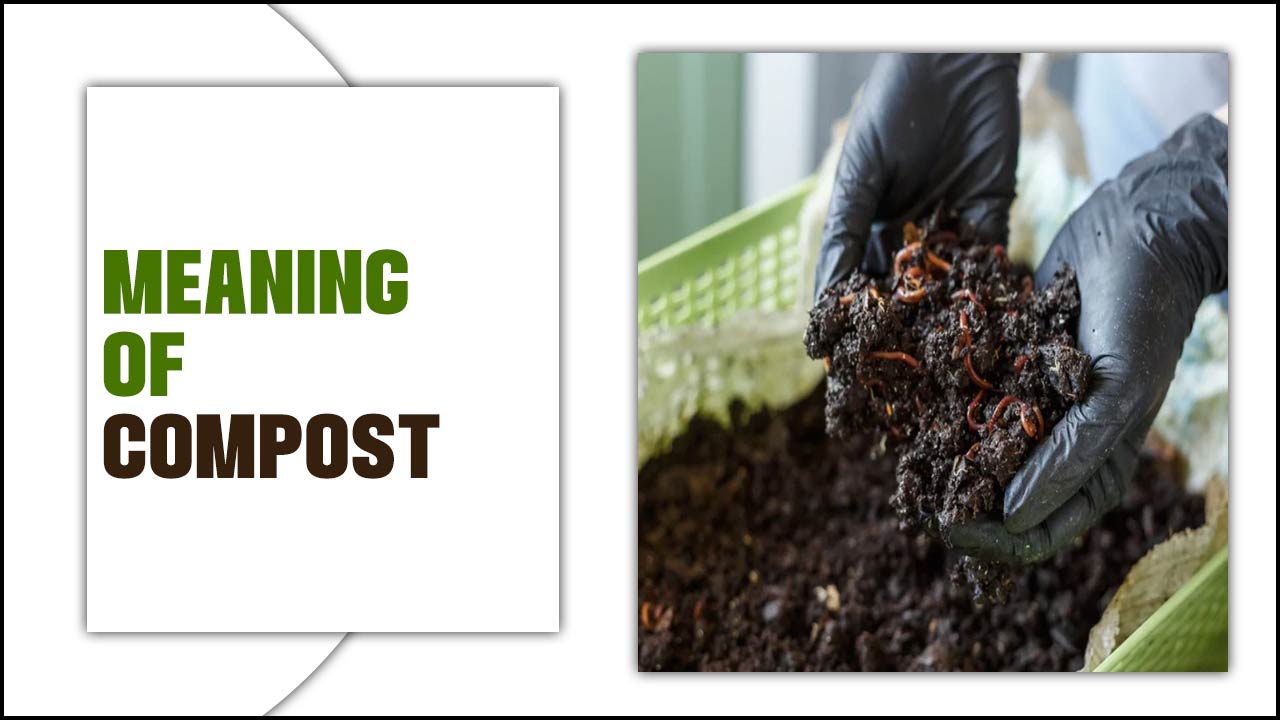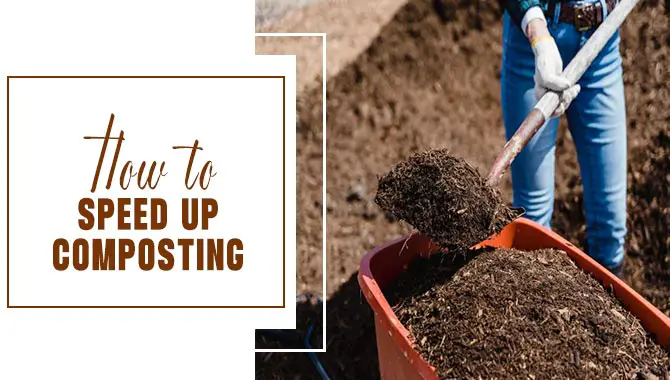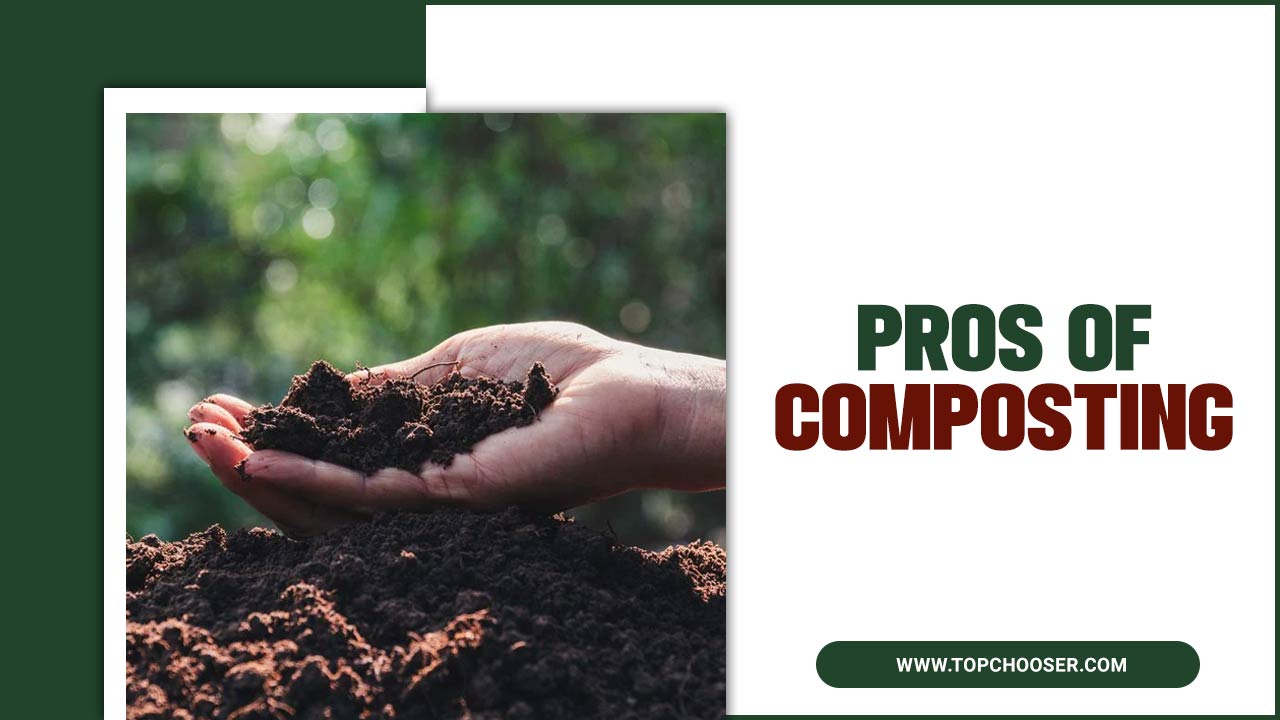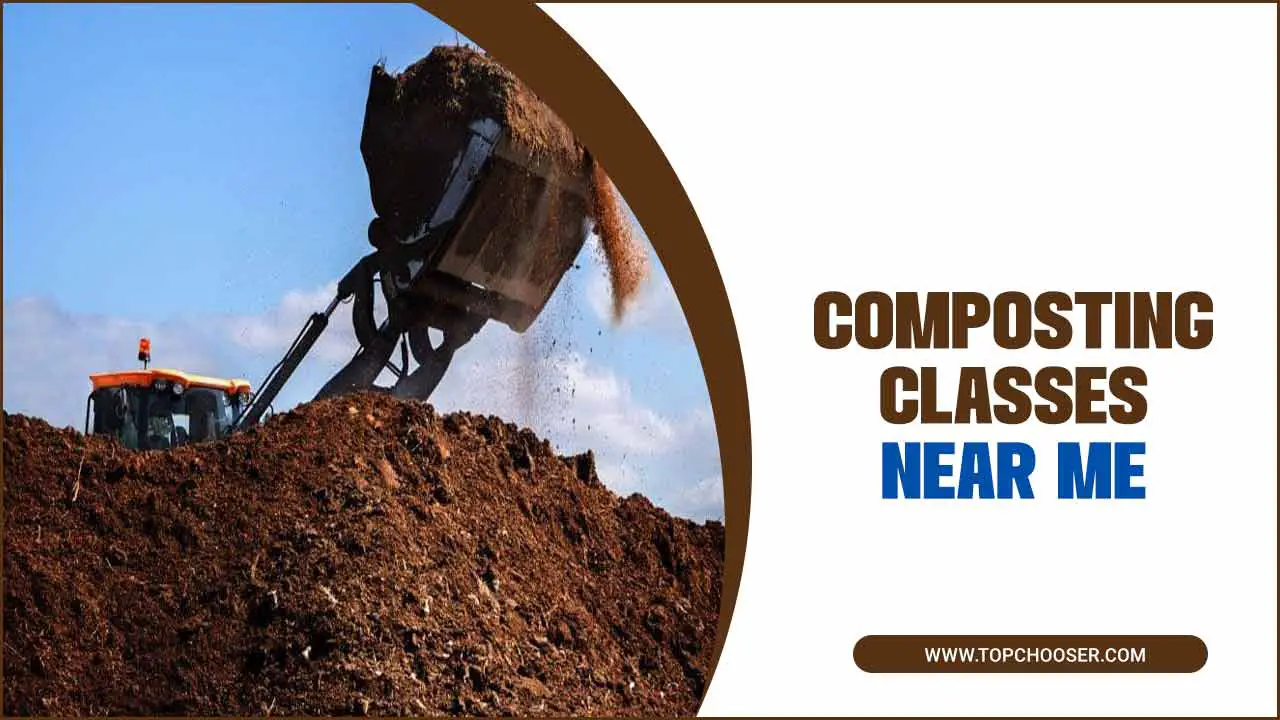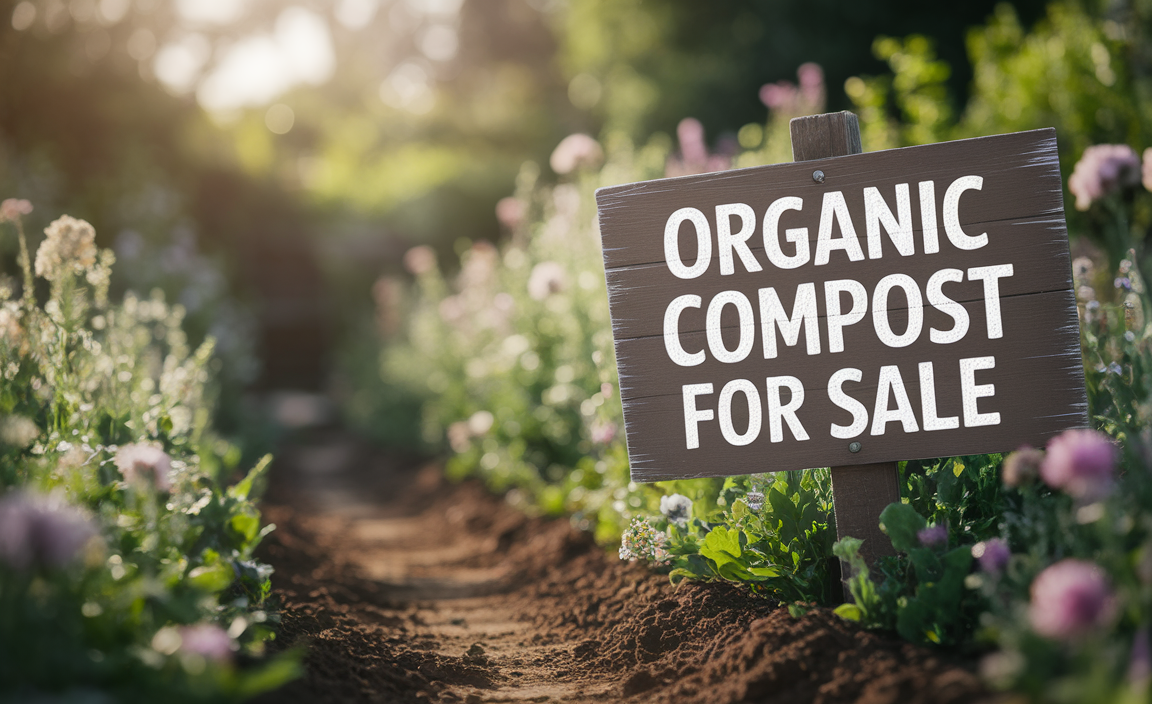Composting is the process of breaking down organic matter into nutrient-rich soil. The benefits of composting are numerous and far-reaching.
First and foremost, composting reduces the amount of waste in landfills and incinerators, reducing greenhouse gas emissions and helping combat climate change. Additionally, compost can improve soil quality and reduce the need for chemical fertilizers, which can harm the environment and human health.
Composting also saves money by reducing the cost of waste disposal and by providing a free source of soil amendment. Furthermore, composting is a relatively simple and feasible practice that can be done on a small or large scale, making it accessible to individuals, households, and communities. The benefit of composting is clear. It is an environmentally-friendly, cost-effective, and accessible way to reduce waste, improve soil quality, and protect the planet.
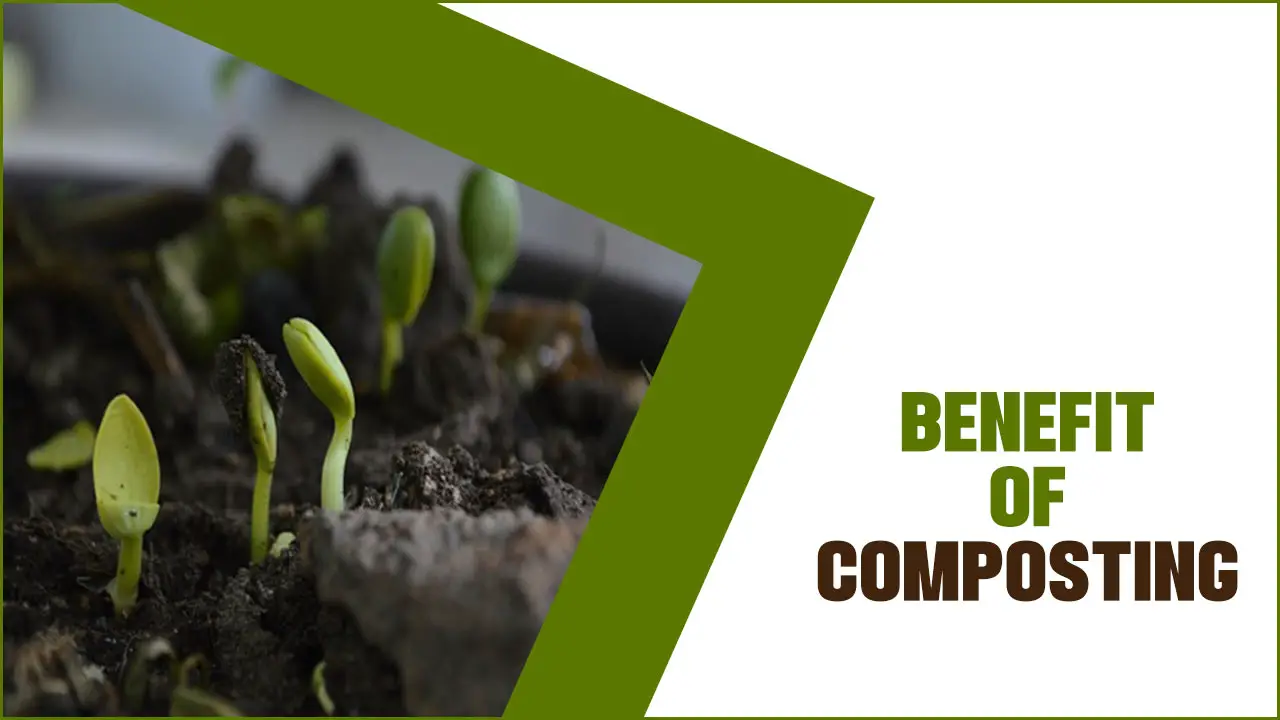
The Environmental And Economic Benefit Of Composting
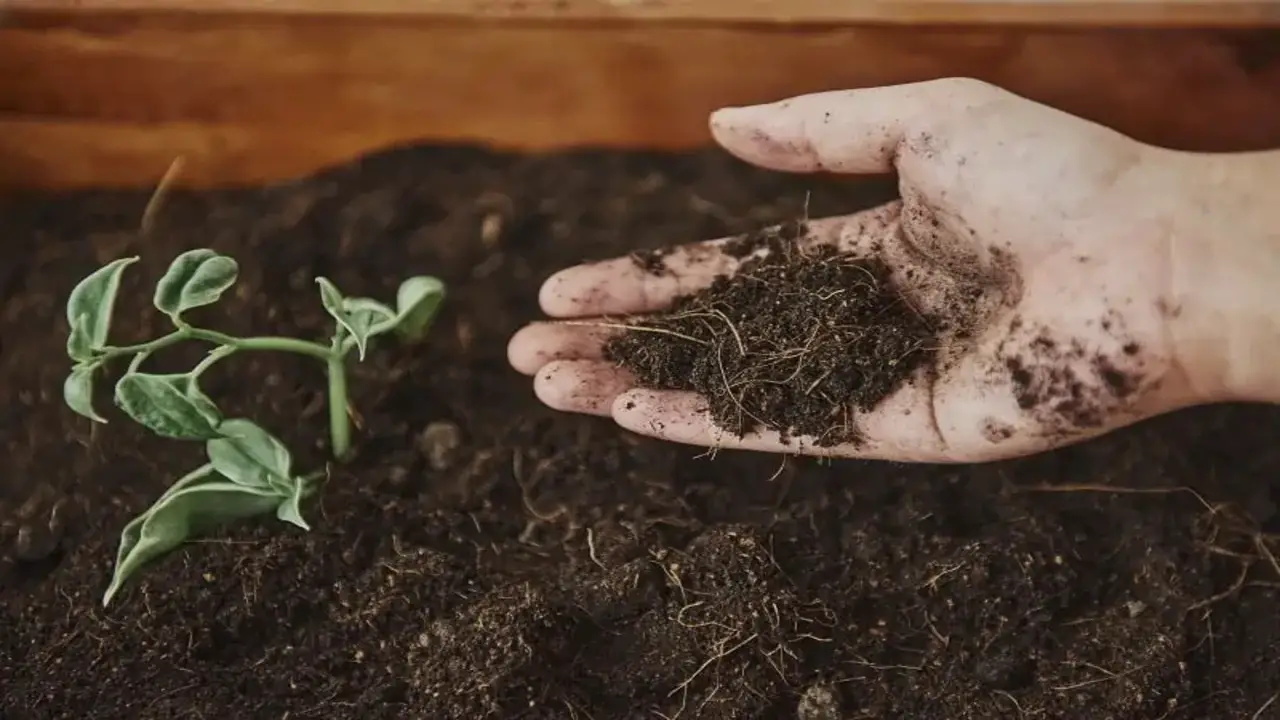
Composting is a natural process that transforms organic waste into nutrient-rich soil amendments. Composting has many benefits for the environment, the soil, and the economy.
By composting, you can reduce your waste, lower greenhouse gas emissions, save money on fertilizers and pesticides, improve soil quality, conserve water, and support biodiversity. Composting is also a simple and rewarding way to reduce environmental impact and contribute to a more sustainable future. Here are explained benefit of composting.
Composting For The Environment
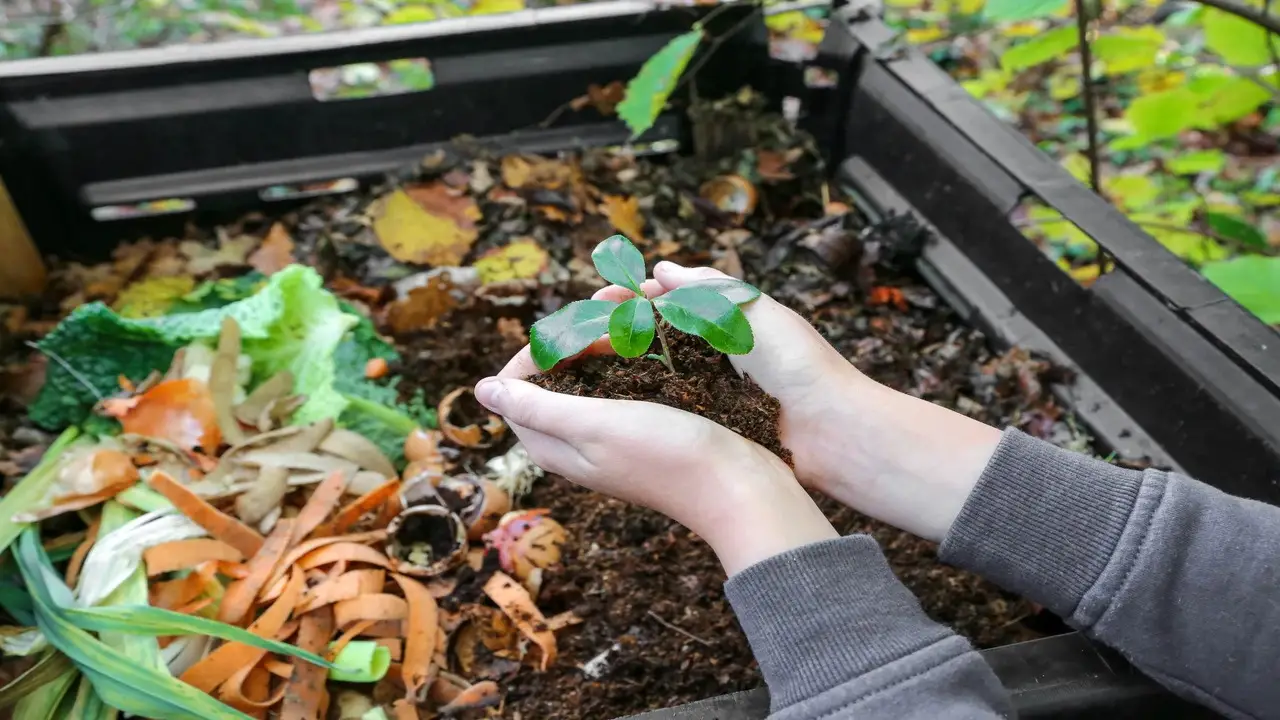
Composting is beneficial for the environment in many ways. One of the main benefits of composting is that it reduces the amount of organic waste in landfills. Landfills are a major source of methane, a potent greenhouse gas contributing to climate change.
By diverting organic waste from landfills, composting reduces methane emissions and helps mitigate global warming. Composting also reduces the need for synthetic fertilizers and pesticides, which can pollute the air, water, and soil. Using compost instead of chemicals can protect the environment from harmful substances and reduce your dependence on fossil fuels.
Composting For Soil Health
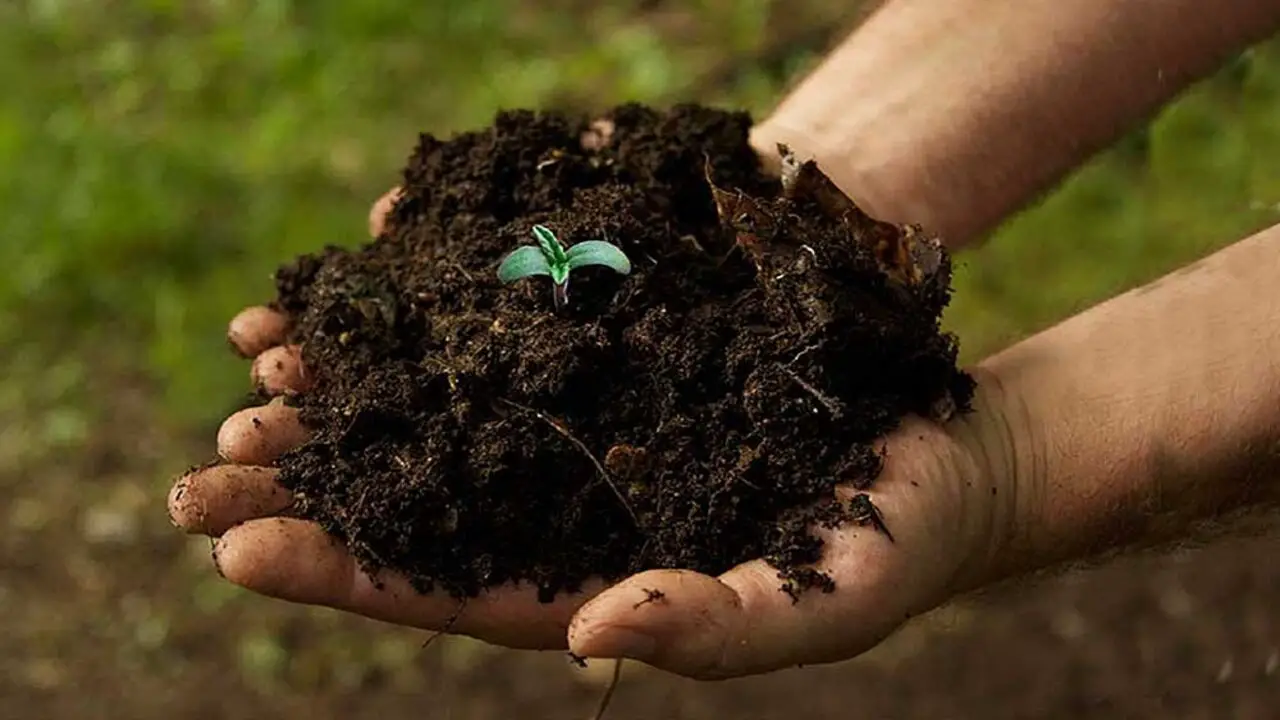
Composting is also beneficial for soil health and fertility. Compost is rich in organic matter, nutrients, and microorganisms that improve the soil’s physical, chemical, and biological properties. Compost improves the soil structure, making it more porous and crumbly. This enhances the soil’s ability to hold water and air, which is essential for plant growth and root development.
Compost also increases the soil’s nutrient content, providing plants with essential elements such as nitrogen, phosphorus, potassium, calcium, and magnesium. Compost also boosts the soil’s biological activity, introducing beneficial bacteria, fungi, worms, and insects that decompose organic matter, recycle nutrients, suppress diseases, and improve plant health.
Composting Reduces Landfill Waste
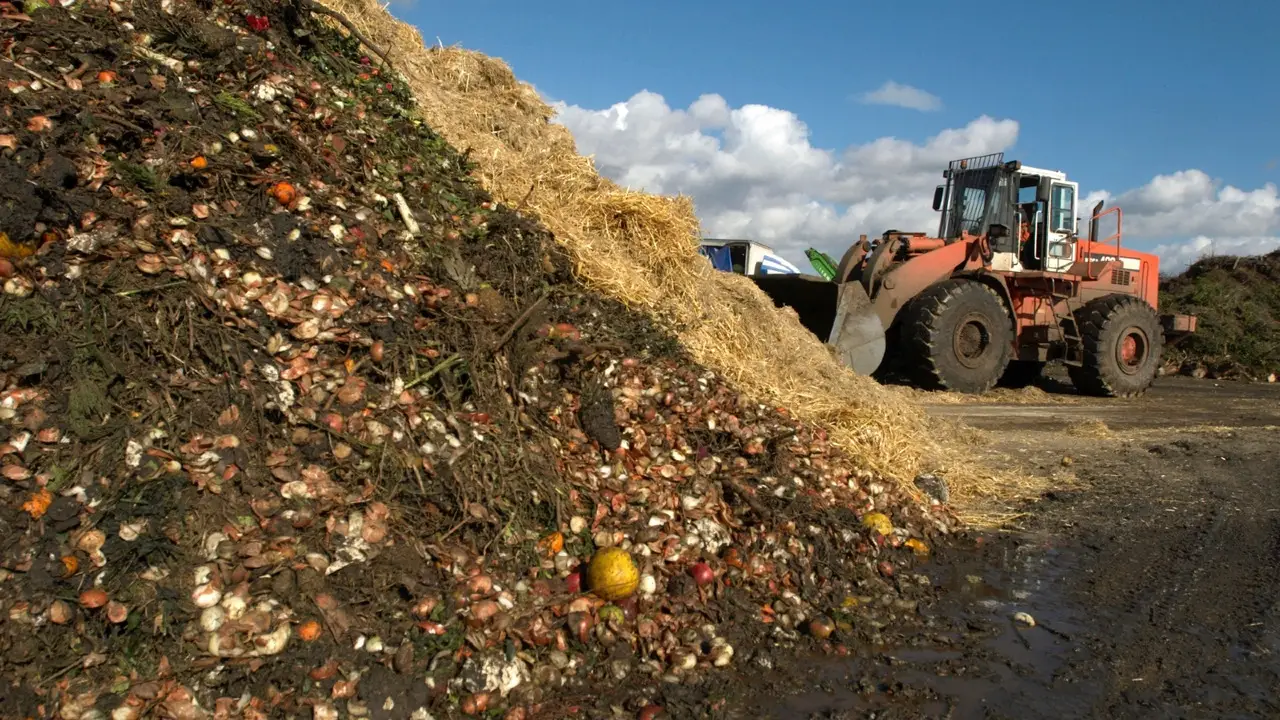
One of the most obvious benefits of composting is that it reduces the amount of waste that goes to landfills. According to the Environmental Protection Agency (EPA), about 30% of municipal solid waste in the United States comprises organic materials such as food scraps, yard trimmings, paper, and wood.
These materials can be easily composted at home or in community facilities instead of being thrown away. Composting your organic waste can reduce your waste volume by up to 75%, saving space in landfills and reducing transportation costs.
Composting Reduces Greenhouse Gas Emissions
Another important composting is that it reduces greenhouse gas emissions that contribute to climate change. When organic waste decomposes in landfills, it produces methane, a powerful greenhouse gas that traps heat in the atmosphere.
Methane has 28 times more global warming potential than carbon dioxide over a 100-year period. Composting your organic waste instead of sending it to landfills can prevent methane generation and lower your carbon footprint. It also sequesters carbon in the soil, preventing it from being released into the air.
Composting Saves Money On Fertilizers And Pesticides
It can also save you money on fertilizers and pesticides for your garden or lawn. Compost is a natural fertilizer that gives plants all the nutrients they need to grow healthy and strong. Compost also improves the soil’s ability to retain nutrients and prevent leaching.
By using compost instead of synthetic fertilizers, you can reduce your fertilizer costs and avoid harmful chemicals that can damage your plants or contaminate your food. Compost is a natural pesticide that suppresses weeds, pests, and diseases. Using compost instead of synthetic pesticides can reduce your pesticide costs and protect your plants from toxic substances that can harm your health or the environment.
Composting Improves Water Retention In Soil
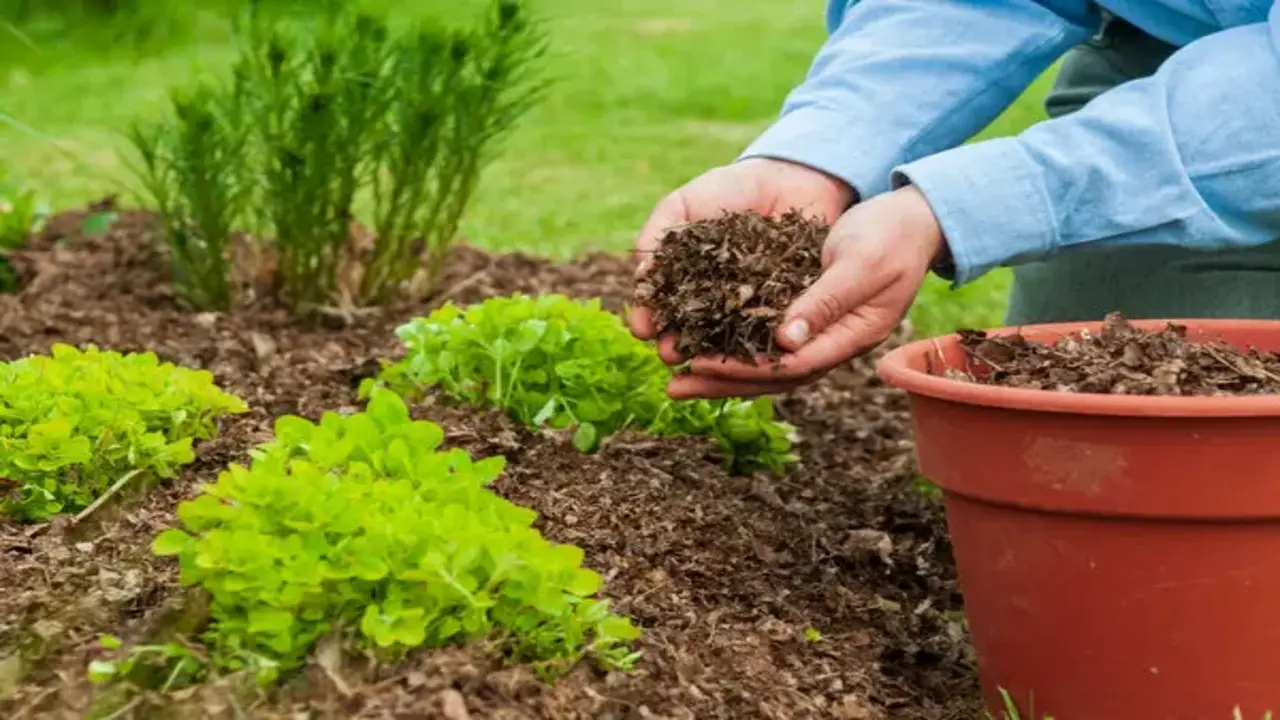
Composting can also improve water retention in soil, which is beneficial for drought-prone areas or water conservation efforts. Compost increases the soil’s organic matter content, which improves its structure and porosity.
This allows the soil to absorb more water and store it for longer periods of time. Using compost as a mulch or a soil amendment can reduce your water usage and irrigation needs for your plants. You can also prevent water loss due to evaporation or runoff.
Composting Attracts Beneficial Insects And Microorganisms
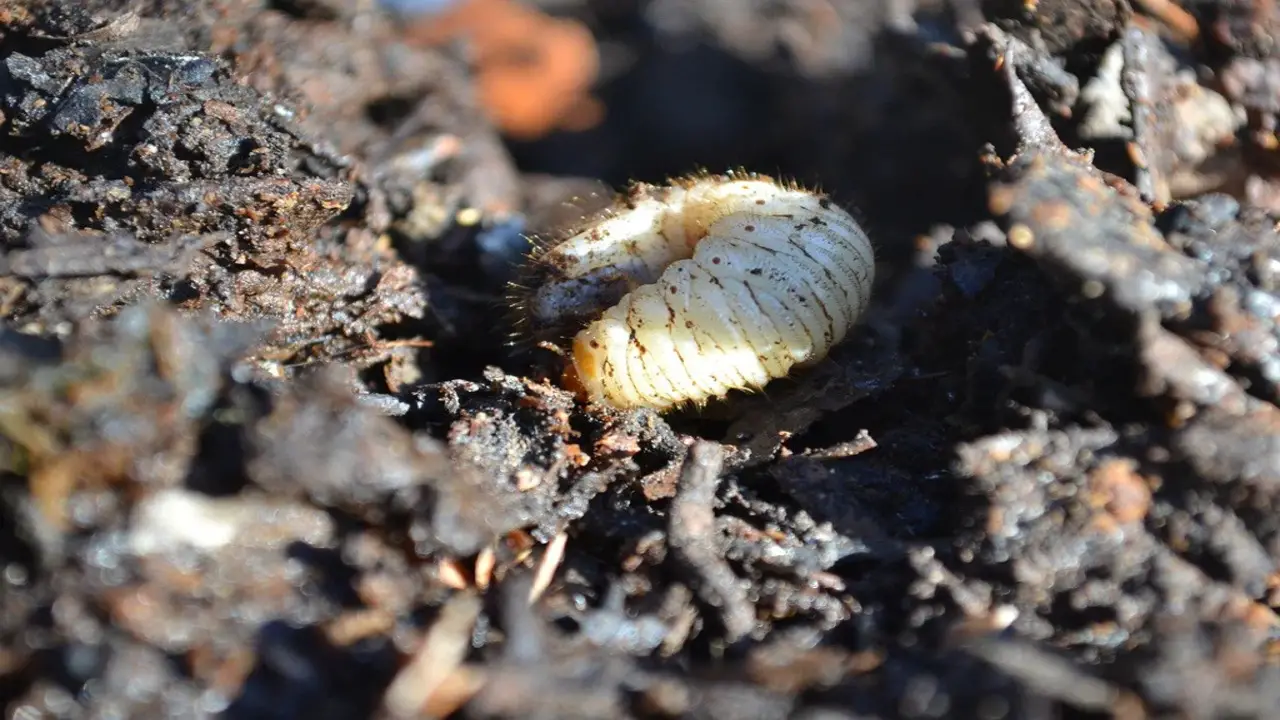
Composting can also attract beneficial insects and microorganisms to your garden or lawn. These organisms play an important role in decomposing organic matter, recycling nutrients, suppressing diseases, and improving plant health.
Some examples of beneficial insects are ladybugs, lacewings, bees, butterflies, and earthworms. Some examples of beneficial microorganisms are bacteria, fungi, actinomycetes, protozoa, and nematodes. By using compost as a habitat or a food source for these organisms, you can increase their diversity and abundance in your soil.
Composting Reduces Erosion And Runoff
Composting can also reduce erosion and runoff, common problems in urban and agricultural areas. Erosion is the loss of topsoil due to wind or water. Runoff is the excess water that flows over the land’s surface, carrying soil, nutrients, and pollutants.
Both erosion and runoff can degrade the soil quality, reduce crop yields, and contaminate water sources. Using compost as a mulch or a soil amendment can prevent erosion and runoff by stabilizing the soil, increasing its infiltration capacity, and reducing its surface runoff.
Composting Is An Easy Way To Reduce Your Carbon Footprint
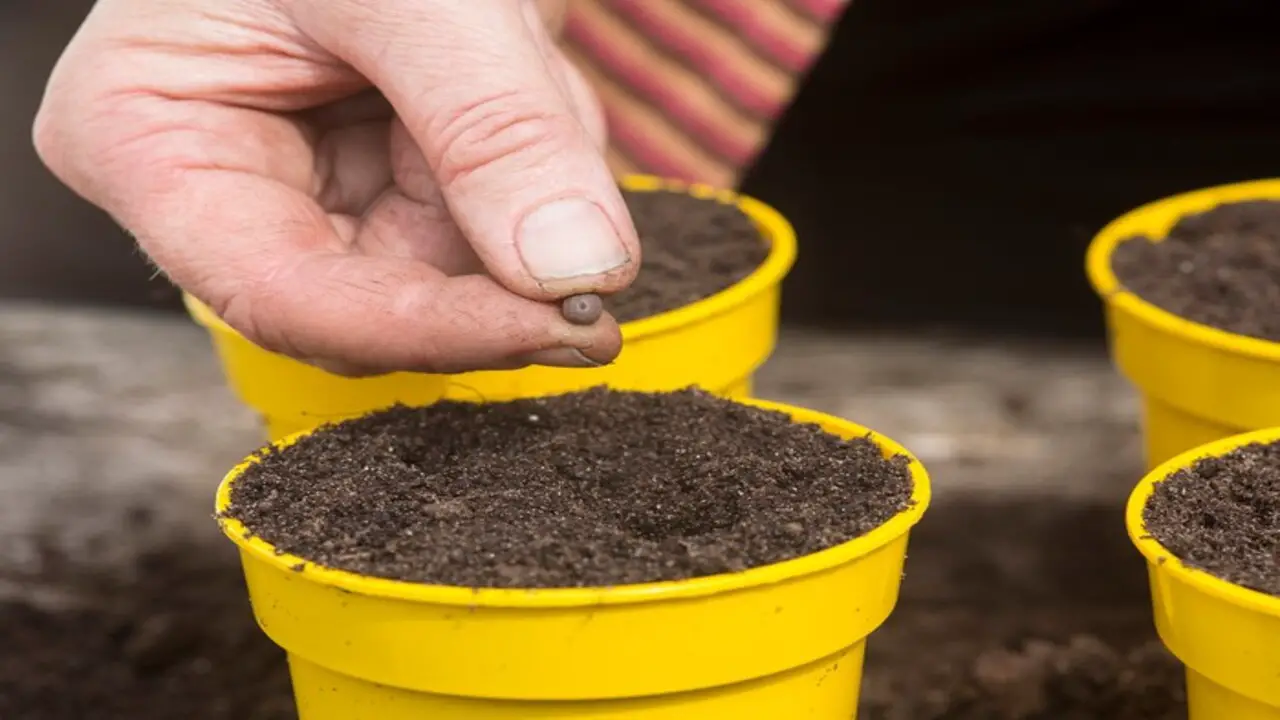
Composting is an easy way to reduce your carbon footprint and contribute to a more sustainable future. By composting your organic waste, you can reduce greenhouse gas emissions, conserve natural resources, save money, and improve soil quality. Composting is also a rewarding and enjoyable activity connecting you with nature and your community.
You can compost at home using a backyard bin, a worm bin, or a bokashi bucket. You can also compost in a community facility or a municipal program. Composting is a simple and effective way to make a positive difference for the environment and yourself.
Conclusion
The benefits of composting are numerous and far-reaching. By recycling organic waste, we reduce the amount of waste that ends up in landfills and create a valuable resource for our gardens and farms. Composting also helps to reduce greenhouse gas emissions by reducing the need for chemical fertilizers and sequestering carbon in the soil.
Additionally, composting can help reduce water usage by increasing the soil’s water-holding capacity. Furthermore, composting can help reduce erosion and runoff, improving water quality.
Overall, the benefit of composting is clear and undeniable. It is a simple and effective way to promote sustainability, conserve resources, and support a healthy environment. By composting our organic waste, we can all do our part to create a better world for ourselves and future generations.
FAQ’s:
1.How Does Composting Help The Environment?
Ans: Composting reduces greenhouse gas emissions by diverting organic waste from landfills, where it would decompose anaerobically and produce methane gas. Composting also helps conserve landfill space, promotes soil health, and reduces the need for synthetic fertilizers that can harm the environment.
2.Does Composting Improve Soil Quality?
Ans: Absolutely. Compost improves soil quality by adding organic matter, enhancing soil structure, and increasing nutrient content. It enriches the soil with beneficial microorganisms, improves water retention, and promotes a healthy and fertile growing medium for plants.
3.Does Composting Promote Sustainable Gardening Practices?
Ans: Composting is a fundamental aspect of sustainable gardening. It provides a natural and organic source of nutrients, reduces reliance on synthetic fertilizers, encourages beneficial soil organisms, and supports long-term soil health. Composting aligns with the principles of sustainability and promotes a balanced ecosystem.
4.Can Composting Reduce The Need For Chemical Fertilizers?
Ans: Yes, composting significantly reduces the need for chemical fertilizers. Compost enriches the soil with essential nutrients, such as nitrogen, phosphorus, and potassium, providing a natural and slow-release source of plant nutrition. It improves soil fertility and minimizes the reliance on synthetic fertilizers.
5.Does Composting Improve Plant Growth And Health?
Ans: Absolutely. Compost supplies plants with vital nutrients, promotes beneficial microbial activity in the soil and improves soil structure. This combination enhances root development, strengthens plant immunity, increases resistance to diseases and pests, and leads to healthier and more vigorous plant growth.

I am passionate about home engineering. I specialize in designing, installing, and maintaining heating, ventilation, and air conditioning systems. My goal is to help people stay comfortable in their homes all year long.

